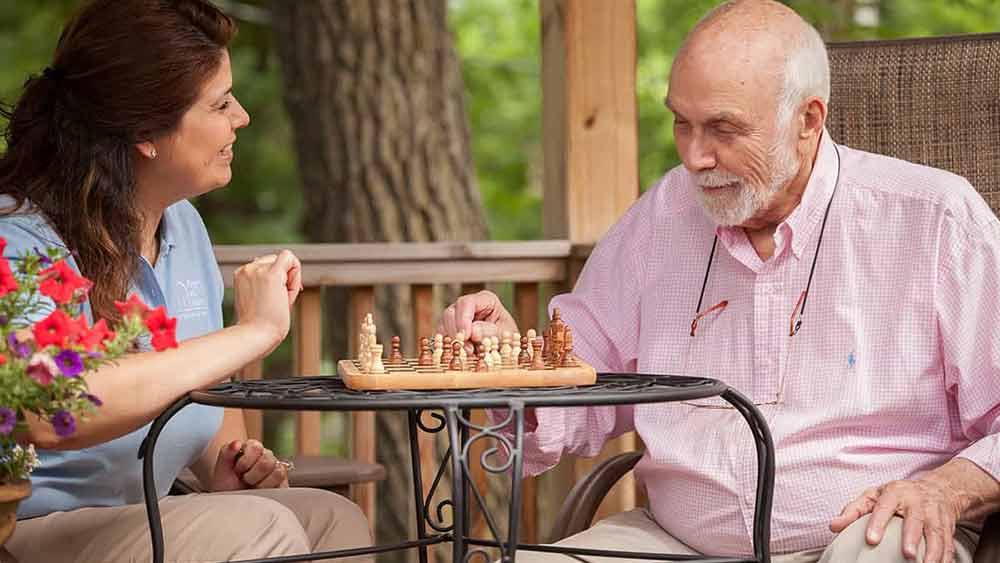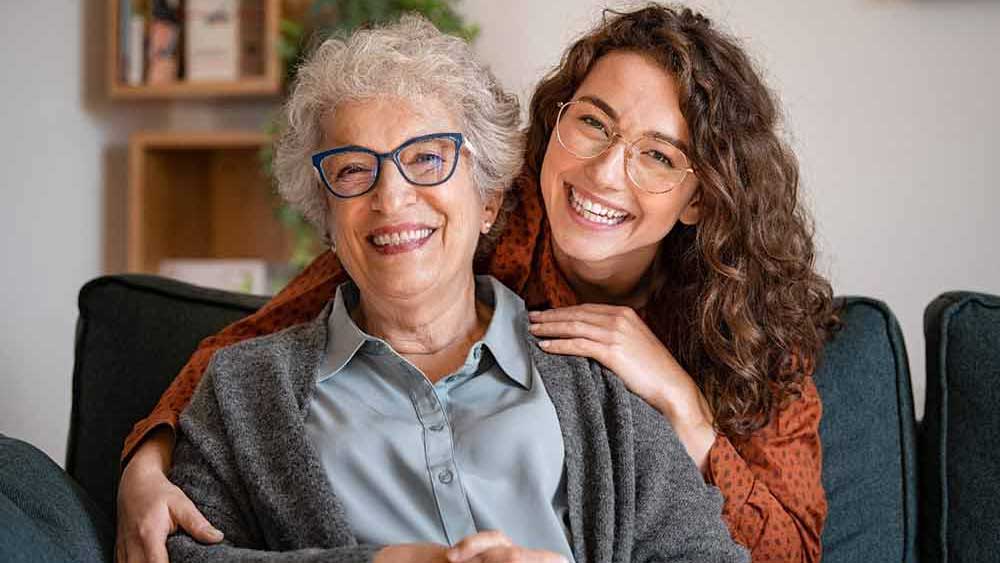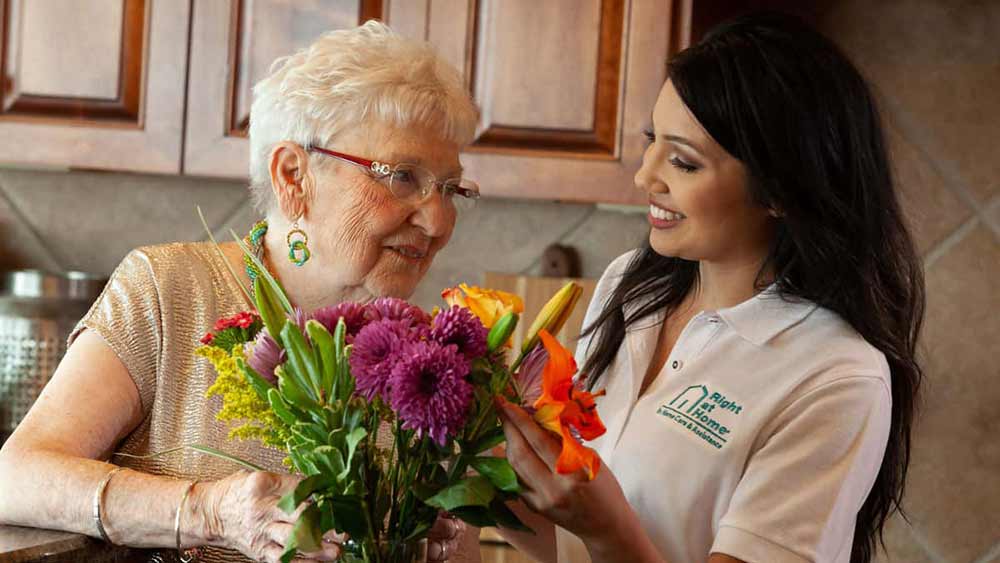

Children are the Key to a Dementia-friendly Future
The seniors and school children pictured are taking part in an innovative intergenerational program to raise understanding of and create empathy for people with dementia. (Photo courtesy of the University of South Australia and the City of Unley.)
September 12 is Grandparents Day, a great time to honor those people who provide so much unconditional love for the younger generation, passing down guidance and values, and helping busy parents. Today’s grandparents, says Alison Bryant, AARP’s senior vice president of research, are a powerful force: “They are living longer, working longer, shattering stereotypes and supporting their grandchildren in a variety of ways, including financially and culturally.” Bryant says that having grandkids benefits the physical, mental and emotional health of grandparents, as well.
Today there are more grandparents than ever, and they are on average a little older than in previous generations. With age being the top risk factor for Alzheimer’s disease and other dementia, more grandchildren will have grandparents who are living with memory loss. Dementia can profoundly change family relationships—including the connection between grandparents and grandchildren.
Overwhelmed with caregiving tasks, some parents lose sight of how their children are affected by a grandparent’s dementia. Parents might be unsure of how to discuss the grandparent’s condition, but silence is the worst policy—without information, children can be more frightened and emotionally distressed at the changes in their grandparent’s behavior and memory. The National Institute on Aging advises parents to be open with children, using statements like, “Grandma has an illness that makes it hard for her to remember things.” Comfort children and help them know feelings of sadness and anger are normal.
Families can facilitate activities that the person with Alzheimer’s and grandchildren can do together—perhaps arts and crafts, singing or listening to music, looking at photo albums, and doing household chores. The Alzheimer’s Association offers resources to help children whose grandparents have dementia.
If the grandparent with dementia lives at home with the children, parents should make the children’s needs a priority, spending time with them, enabling them to continue to take part in activities, and minimizing the children having to provide supervision for the person with dementia. An adult day center or professional in-home care services can help.
Dementia education begins with children
How often we hear advocates for improved dementia care say something like, “I spent a lot of time with my own beloved grandfather, who had Alzheimer’s disease.” Providing children with information and support when a grandparent has dementia can help them understand the condition. Many grow up to be supporters of the needs of all people with dementia, and to fight the stigma associated with the disease. For them, familiarity created understanding.
Experts from the University of South Australia say the key to a better world for people with dementia is to begin dementia education early. “Children are our future leaders, they’re our local shop keepers, bankers, and neighbors,” says researcher Dr. Ashleigh Smith. “If we’re to improve dementia understanding, we need to invest in the education of our children. When children are in primary school, their minds and health beliefs are still malleable; this is when they’re open to learning about new ideas. So, it’s an ideal time to educate them about challenging topics, like dementia.”
Dr. Smith recently partnered with a primary school and a dementia care provider from Unley, a suburb of Adelaide, to create an intergenerational dementia education program called Forget Me Not. For two months, 90 school children interacted with a group of older adults with dementia, taking part in activities such as arts and crafts activities, gardening and playing pool.
“After completing the program, children showed significant increases in dementia knowledge and attitudes, with observed improvements in communication, empathy and understanding, inclusivity, and personhood (viewing someone with dementia as a valued individual and person),” reports Dr. Smith. And the seniors demonstrated an increased sense of engagement with the community, expressing that they felt like valued members of society as they served as mentors for the children.
“Dementia education is a critical step for building empathetic, insightful and caring communities,” Dr. Smith says. She urges more communities to adopt a program like Forget Me Not. In the U.S., we are already seeing intergenerational day care centers where children and seniors, many with memory loss, spend time together. Experts report that young children connect with people with dementia in a touching, meaningful, nonjudgmental way.
These children also stand to benefit in the future. People who have a more positive view of aging tend to be healthier in their own later years, and that includes cognitive health. “By teaching children about dementia, we’re not only improving their knowledge and fostering positive attitudes toward dementia now, but maybe even reducing their own future risk of dementia as an adult—it’s exciting stuff,” says Dr. Smith.







